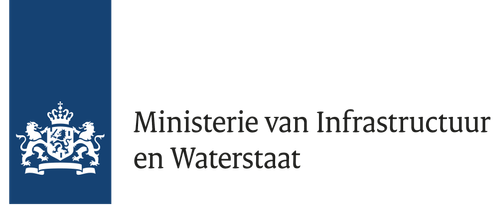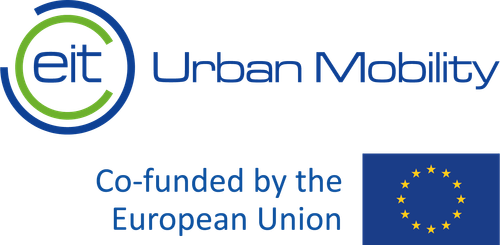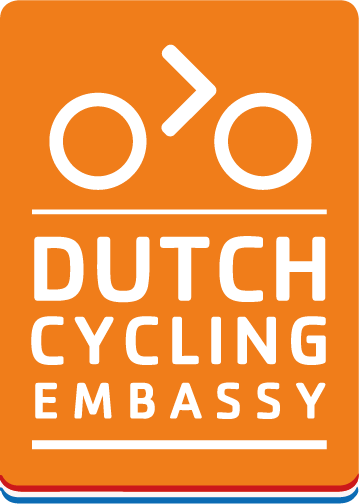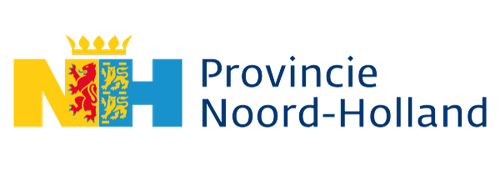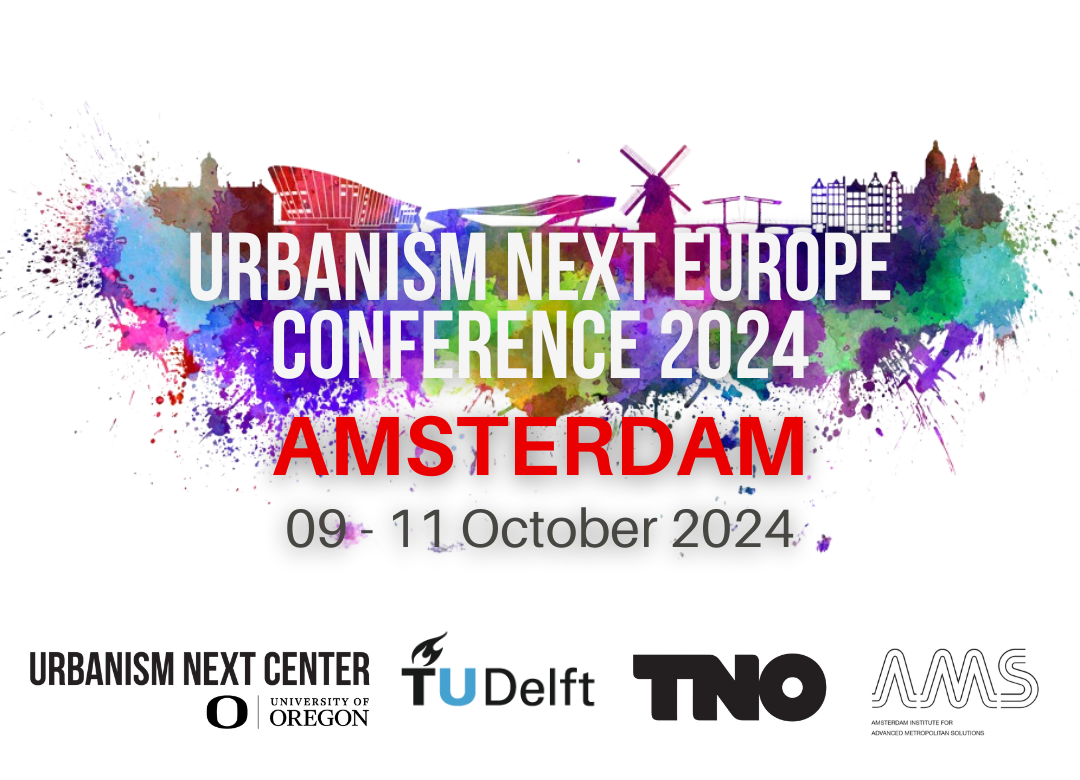
 Go Back
Go Back
Value of Space
Location: Room - Ruby
Logistics in urban areas, catering many demands such as e-commerce, has a negative image. Even though logistics vehicles increase pressure on urban space and have negative environmental and social effects, logistics is inevitable to livable and vibrant cities. This session will show that there are multiple perspectives on urban planning ('15-minute-cities' and monofunctional neighbourhoods), but logistics is inevitably present and should be integrated. The question we address is: how do we organize logistics in for a vibrant prosperous city, where space is scarce and demand for logistics high?
Presenters

|
Joeri Jongeneel, Senior logistiek adviseur gemeente Amsterdam, Gemeente Amsterdam Joeri Jongeneel has been active in the field of urban logistics for over 10 years. For municipalities, he works on projects and policies to make urban logistics more sustainable, safer and with less impact. The last 5 years at the municipality of Amsterdam. The core of his work is to enter into discussions with the logistics chain, stakeholders in the city and knowledge institutions to come up with innovations and collaborations that lead to a future-proof logistics system in Amsterdam. |

|
Luuk Meijer, Consultant, TNO I am an urban logistics consultant at TNO, researching how logistics systems can adapt to future challenges such as sustainability and limited urban space. My work focuses on developing innovative solutions that contribute to more efficient, greener, and better-organized urban logistics, while enhancing the livability of cities. |

|
Art Pearce, Director Of Policy Planning and Projects, Portland Bureau of Transportation Art Pearce is an experienced urban innovator with an extensive background in broad public-private collaborations utilizing transportation investment and mobility innovations to shape the future of cities. He has twenty + years of experience envisioning and driving change in Portland’s transportation system: establishing policy, planning and delivering transformative investments, and overseeing people-based behavior change and mobility programs. He has a deep understanding of the challenges cities and city governments face in propelling change at an adequate pace, and the new imperatives presented by the crises of climate, and social and racial equity. |

|
Hans Quak, Senior scientist, TNO H.J. (Hans) Quak Ph.D. is professor of applied sciences at the Breda University of Applied Sciences on Smart Cities and Logistics and senior research scientist at TNO Sustainable Transport and Logistics. He especially focusses on city logistics and innovations in last mile goods transport. He was and is involved in several (inter)national projects on city logistics, projects on urban freight transport and the electrification of urban freight transport vehicles, zero emission transport, last mile logistics and the relationship between urban space and planning and the potential for logistics. I (co)authored several reports, papers and book chapters on freight transport, logistics and (local) policy in these areas. |






